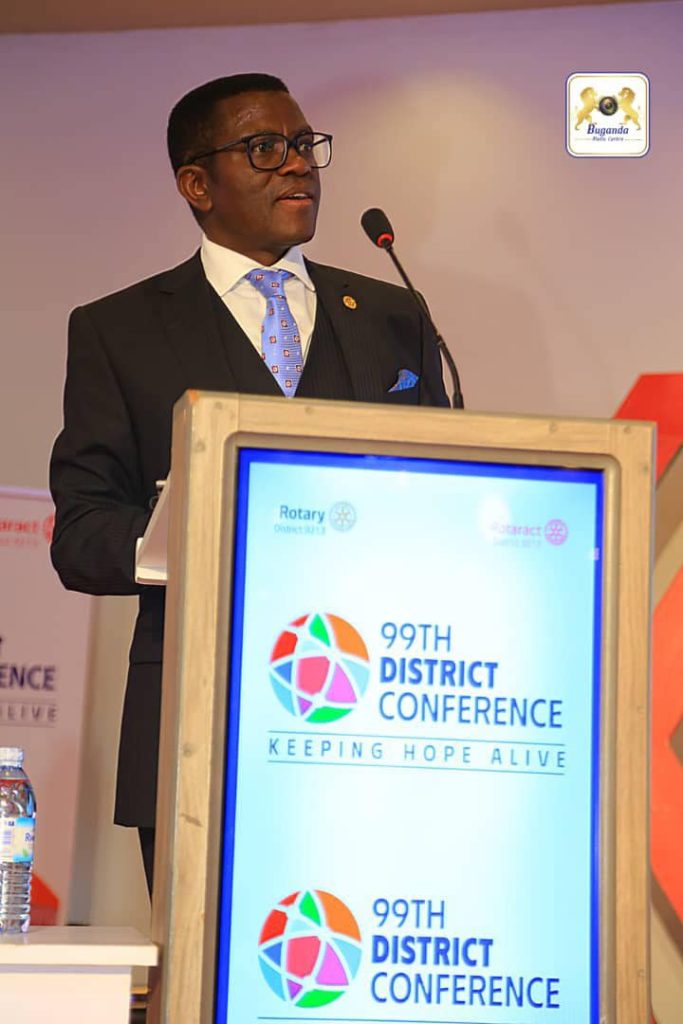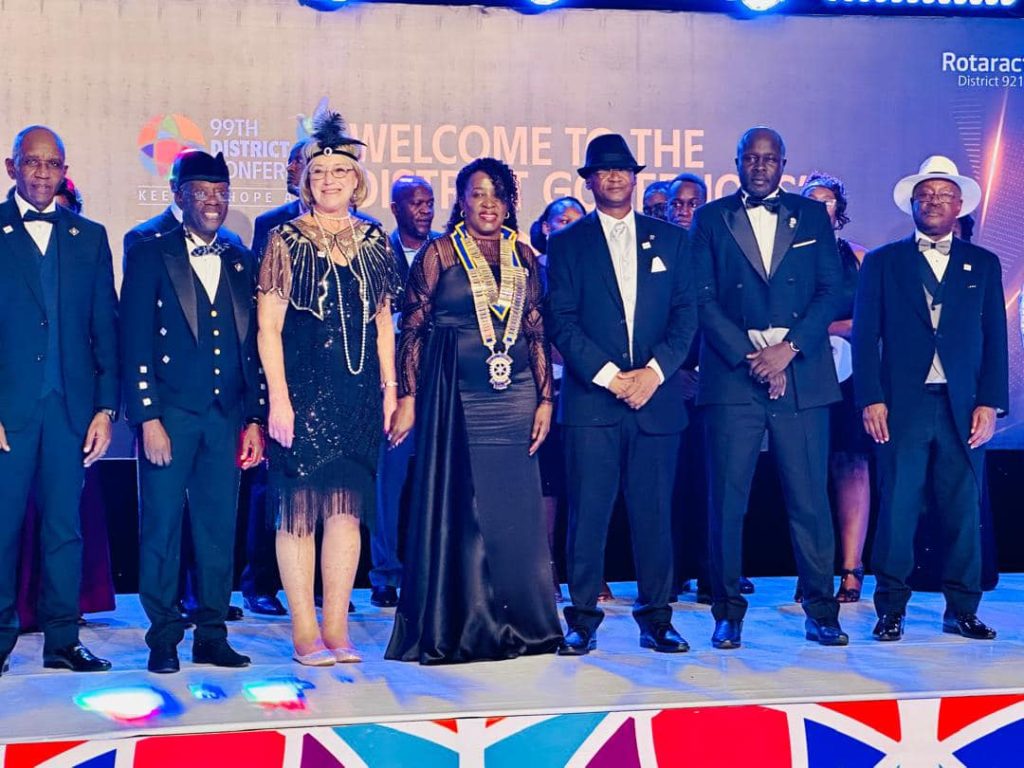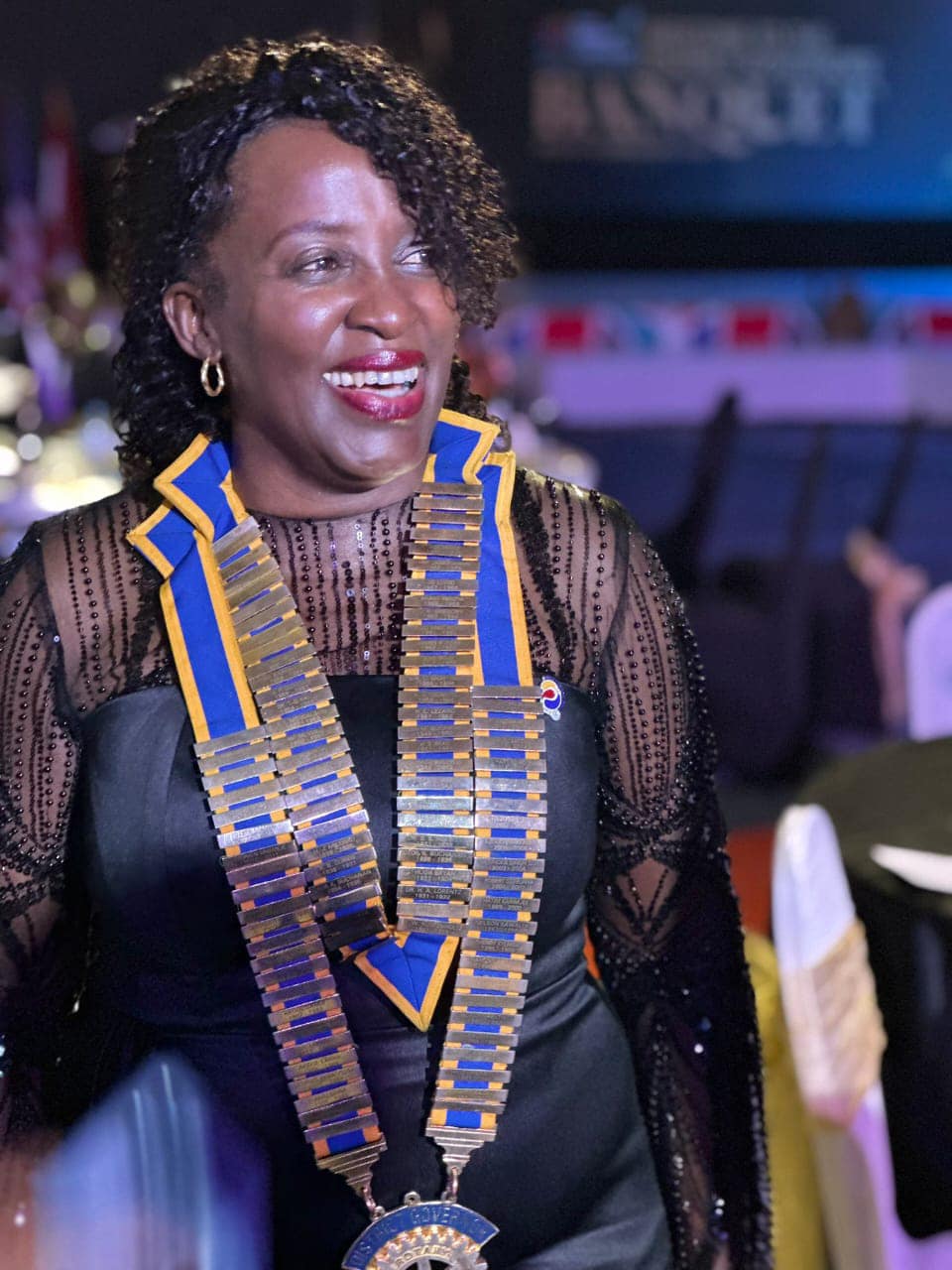By Denis Jjuuko
About 15 years or so ago, a friend asked me whether I could help them do some voluntary work. There was somebody visiting Uganda and there could use some of my skills. I was invited for a meeting over lunch at the Grand Imperial Hotel in Kampala.
The meeting turned out to be a lecture of sorts where a speaker on a lectern makes a presentation followed by questions and answers from the plenary. A high table of sorts existed where somebody had a bell and wearing a chain pinned with golden miniature plaques.
Many of the people at the lunch hour event wore suits and all the kind of clothing that is considered acceptable in corporate offices. I could recognize a few public faces — captains of their respective industries.
As is usually the case, I had arrived before my scheduled time for the meeting. So, I was asked to sit in and listen. Somebody gave an update of the visit of the big man. People said it was a big moment for Uganda and they were to leave no stone unturned. My friend claimed that is why he needed me to volunteer my skills to make the visit a success.
After an hour or so, the “lecture” ended and was officially closed by the man wearing a chain at the top of the table after going through some sort of rituals. I am not a big fan of formal events so I wasn’t very impressed with all the formalities. I think people were also wondering why I was there. I was one of the few people not in a pin-stripe suit or silk necktie with a Windsor knot.
Anyway, after the formalities, we sat down by the poolside with my friend and few people who had been in the meeting and ordered for some lunch. I was to support the visit of the Rotary International President to Uganda. So, I had just attended a Rotary meeting (sometimes called a fellowship in Uganda).
I had heard about Rotary before but I had never been this close. I had been told it is a club of extremely wealthy people who spend all their time spending money. I had wanted to join and see if a few doors could open but nobody maybe thought I was worthy. Also, I didn’t have money to spend.
In 2011, a friend who I had told that I wanted to join Rotary informed me that a club was being set up in Naalya and since I lived in Najjeera, I should consider joining. He was joining too. He said it was easier to join a new club being formed than joining an established one like that I had interacted with at the Grand Imperial Hotel. I accepted his invitation and some ajoling and became a member. I found out you don’t have to be wealthy to become a member.
But like many such organizations where membership is by invitation, sometimes Rotary is misunderstood and a few salacious tweets are usually posted by people who don’t care much to analyze society. Through Rotary, a membership organization of nearly 1.5 million people globally, professionals, business executives and students use their resources to change their societies or those in other parts of the world they will never even meet.
They are almost single handedly responsible for the near eradication of polio; through immunization campaigns they carry out all over the world. Rotary focuses on a few areas such as maternal and child health, education and literacy, water and sanitation, peace and conflict prevention, and economic and community empowerment among others.
In Uganda, Rotary is known in almost every community. If they are not building classrooms, sinking boreholes, refurbishing health facilities, planting trees, or immunizing kids, they are mobilizing resources to set up a cancer treatment center in Nsambya and a blood bank in Mengo. Rotarians like calling themselves people of action and any keen observer would see the good they do in the world.
But they don’t just help others. Members become leaders which enables them to build and improve their leadership skills. Every week day in Uganda, many people meet through their clubs to listen to speakers others may have to pay for while establishing networks for life.
Of course, sometimes they meet and celebrate like last week when a new district governor, Anne Nkutu, was installed. Katikkiro Charles Peter Mayiga was there to talk about keeping hope alive and how the Kingdom of Buganda and Rotary work together to make lives better.

But even at celebrations, the business part of Rotary is always the big thing. And if you want to increase your networking opportunities while honing your leadership skills and at the same time helping others in our communities, you may consider an ‘investment’ in being a Rotary member.

The writer is a communication and visibility consultant. djjuuko@gmail.com










